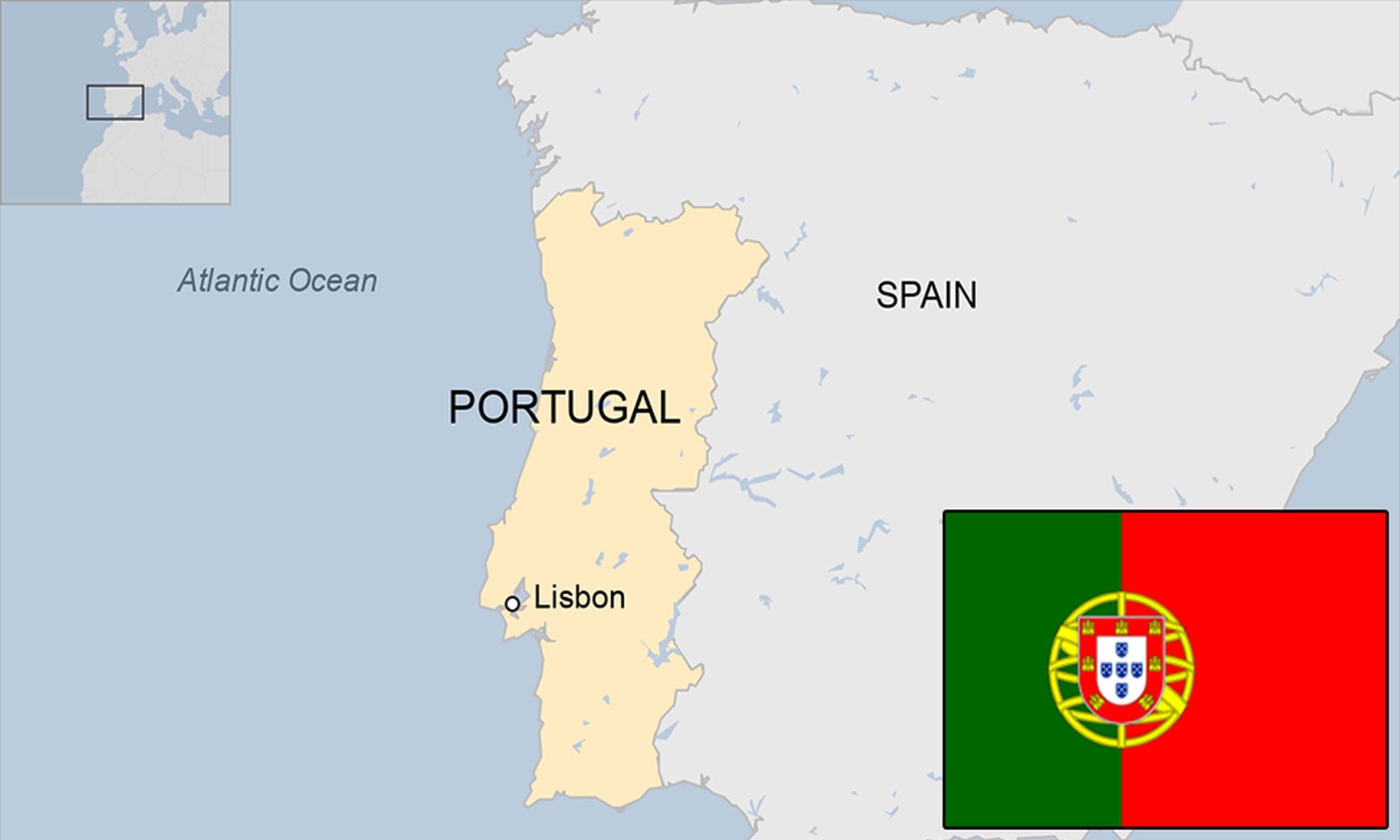The Algarves refers to the historical kingdom or region in the southernmost part of Portugal known today simply as the Algarve. This area, located on the southwestern tip of the Iberian Peninsula, has a rich history and has played a significant role in Portuguese history.
Here’s an overview of The Algarves in historical and geographical context:
1. Historical Background:
- Medieval Period and the Kingdom of Portugal: The term “Algarves” originally referred to two distinct territories: the Kingdom of the Algarve in mainland Portugal and the Algarves beyond the sea, referring to Portuguese holdings in North Africa. This distinction came after Portugal’s expansion into North Africa in the 15th century.
- The name Algarve comes from the Arabic term “Al-Gharb” (meaning “The West”), referring to the region during the time it was part of Al-Andalus, under Muslim rule. The region was under Moorish control from the 8th to the 13th century until it was reconquered during the Reconquista by Portuguese Christian forces.
- Incorporation into Portugal: In 1249, the Algarve was definitively incorporated into the Kingdom of Portugal during the reign of King Afonso III. Afterward, Portuguese monarchs often used the title “King of Portugal and the Algarves” to reflect their sovereignty over the Algarve.
2. “Algarves Beyond the Sea”:
- This phrase came into use during the Portuguese maritime expansion in the 15th century. The “Algarves beyond the sea” referred to territories in North Africa, such as Ceuta and Tangier, which were under Portuguese control at different times. These territories were seen as extensions of the Kingdom of the Algarve, and the title reflected the monarchy’s claim over both continental and overseas possessions.
- The term was mostly in use until the early modern period when Portugal began to lose its North African possessions, and the Algarve became more closely associated with the southern region of mainland Portugal alone.
3. Modern Algarve:
- Today, Algarve refers to Portugal’s southernmost region, famous for its beautiful beaches, mild climate, and picturesque landscapes. It is a major tourist destination, known for its stunning coastline, including places like Lagos, Faro, Albufeira, and Portimão.
- The Algarve retains much of its Moorish influence in its architecture and culture, reflecting its rich historical heritage. Its mild climate, combined with a unique blend of historical sites and natural beauty, has made it one of Europe’s top travel destinations.
4. Cultural Significance:
- The Algarve has been a crossroads of cultures, with influences from Phoenicians, Romans, Visigoths, and Moors, all leaving their marks on the region.
- Its cuisine, music, and festivals often reflect a blend of Portuguese and Moorish traditions, with seafood being a staple due to its coastal geography.
5. Title of the Monarchs:
- Until the 20th century, Portuguese monarchs used the full title “King of Portugal and the Algarves” to signify their sovereignty over both the mainland Algarve and the former territories in North Africa. After the loss of these territories and the establishment of the Portuguese Republic in 1910, the title became obsolete.
In summary, The Algarves historically referred to both the mainland region of Algarve and Portugal’s early overseas possessions, but today, it refers solely to the southern region of Portugal.











































